Language
WORLDWIDE SHIPPING
Santoku knife Coquus Line by Due Cigni Coltellerie
€589.00
€482.79
Availability:
In stock
The Santoku Linea Coquus knife of Italian production by Due Cigni Coltellerie is made entirely in Maniago in Italy.
The excellence of the production in this line that takes the name of cook in Latin: Coquus.
The Coquus Santoku knife is perfect for cooking enthusiasts and chefs, not only for the beautiful design, but also for the extraordinary blade in Ferus Balbach Damasteel.
Balbach Damast expert damascus manufacturer, makes high quality damascus steel, enriched with amazing patterns.
The handle is made from a single piece of grenadilla wood.
This type of African wood is known for its dark color and is often used for musical instruments and decorative items. Unsurprisingly, Due Cigni used this material for these extraordinary knives.
Thanks to the design of the handle, the knife not only has an excellent appearance, but is held with pleasure and with excellent ergonomics.
The pin that secures the handle to the steel is made of an alloy of bronze and titanium.
It is a light and rock solid material with a gorgeous bronze-brown color.
Even the escutcheon that separates the blade from the handle is made of the same material.
The use of the Santoku blade is versatile and can handle a wide variety of tasks in the kitchen, also perfect for slicing or dicing.
The Santoku shape, also known as the three-virtue knife, is the Japanese version of a (French) chef's knife and is therefore also a universal knife
The profile and length of the blade are suitable for both cuts of vegetables, steaks of meat or fish
Blade length: cm. 18
Total length: cm. 32
Blade thickness: 3 mm.
Weight: 154 grams
Hardness of steel: HRC59-61
The knife is packaged in an elegant cardboard gift box and comes complete with a leather sheath
Shipping time: 6-7 days
FAQs

 IT
IT FR
FR
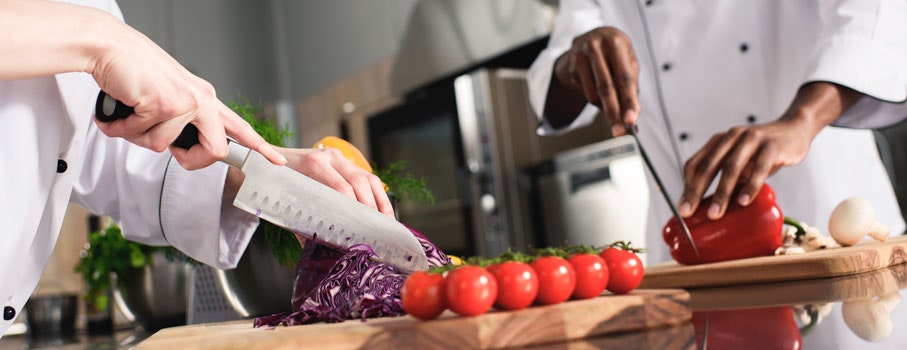
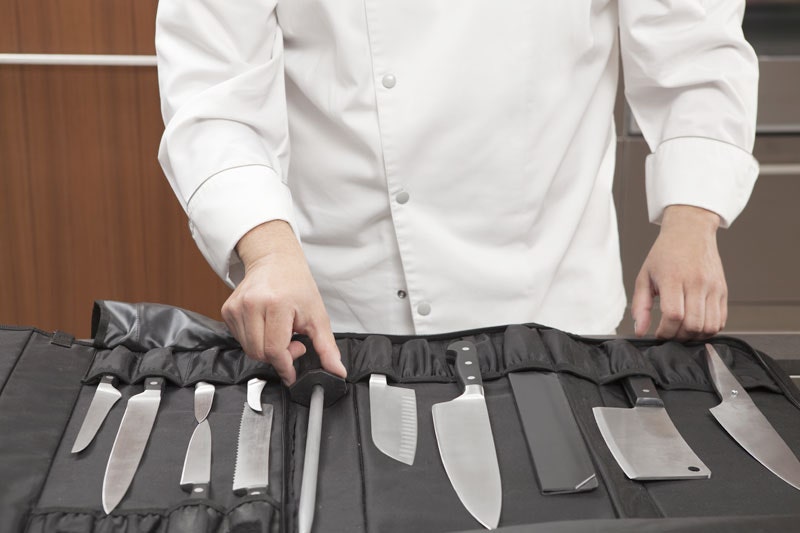
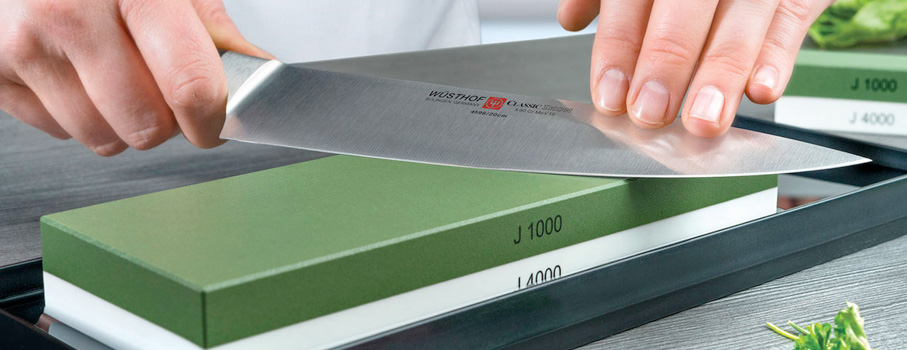
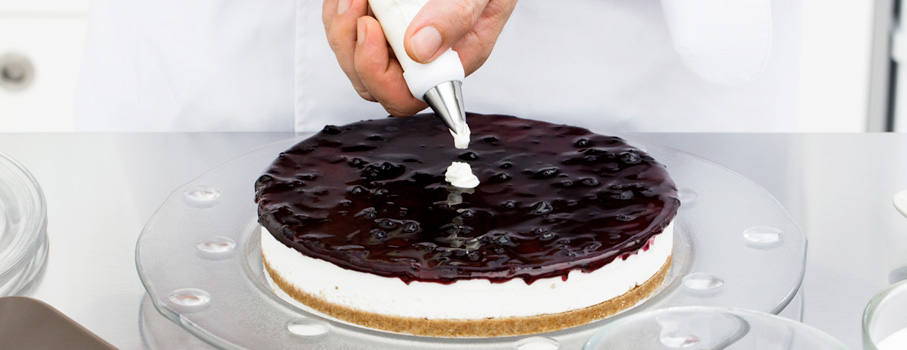

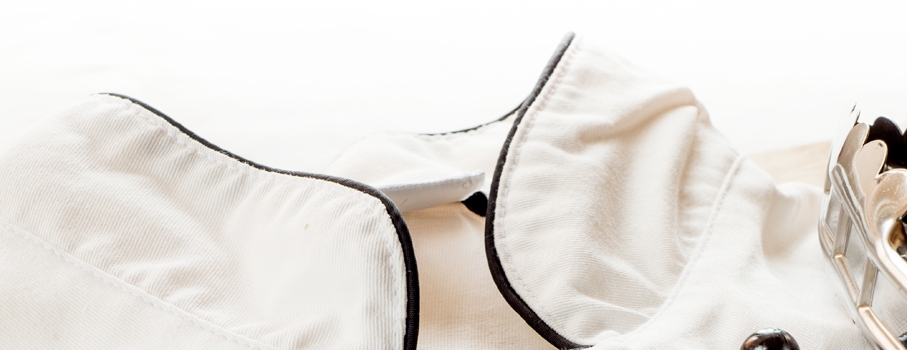
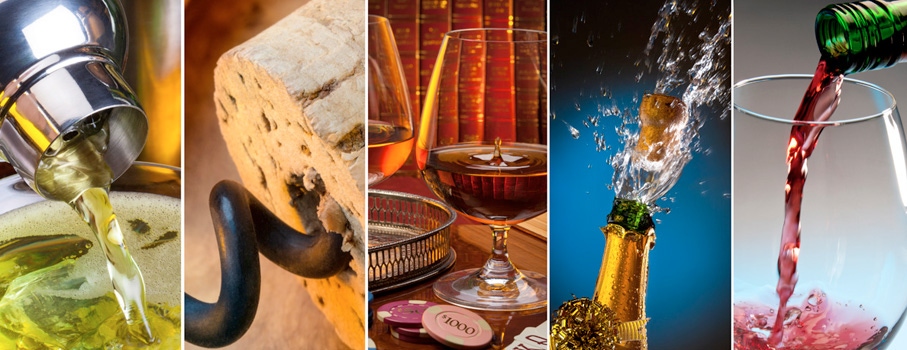
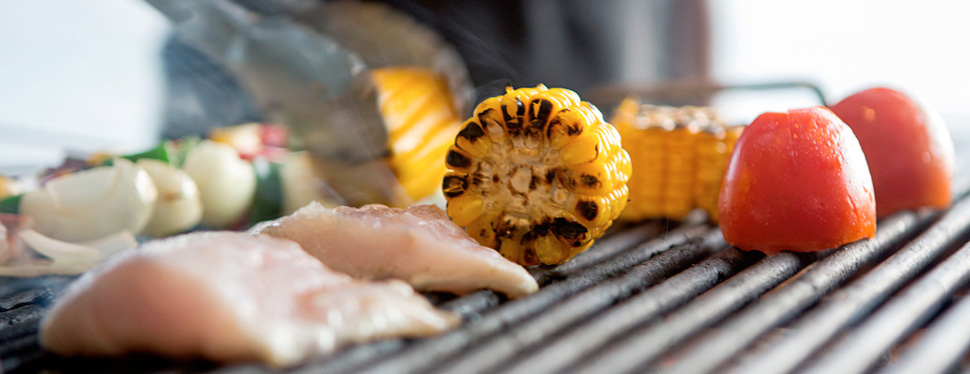

 IT
IT FR
FR
